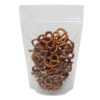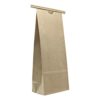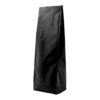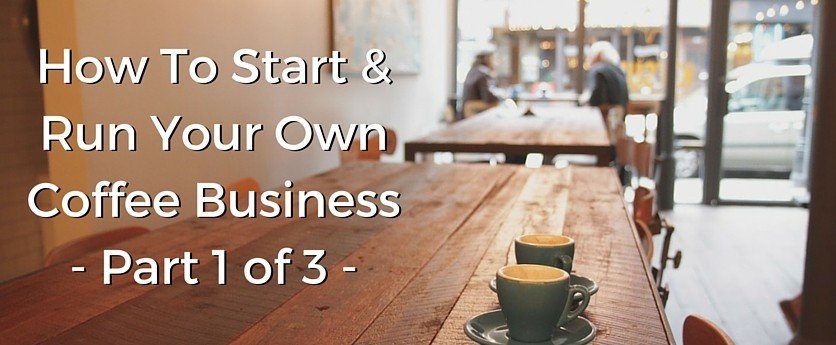Blog
How To Start & Run Your Own Coffee Business – Part 1 of 3
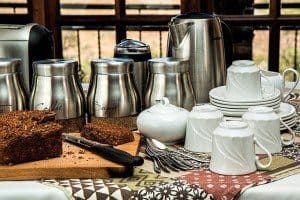
Before you lay down your hard-earned cash, you need to look at the issues surrounding starting your own coffee business. In part 1 of our 3 part series on opening your own coffee business, we’ll look at what it means to be independent. What types of locations are best suited to coffee establishments, and some of the costs involved.
There are currently about 53, 900 coffee and snack establishments in the U.S. today. This is up from 37,000 in 2002, which proves that the coffee industry is a growth industry, and next year’s numbers are predicted to go even higher, into the 55,000 range.
It’s well known that Seattle is a coffee mecca and there are a huge number of coffeeshops in that city. It seems a paradox that they can all coexist but the fact is, approximately ten percent will fail. Still, that leaves 90% thriving and growing in what could be considered the toughest coffee market in the country.
This map shows all of the independent coffee shops in the City of Seattle alone!
Since you probably don’t plan to open your shop in Seattle, you are more than likely pretty well positioned to succeed in your city.
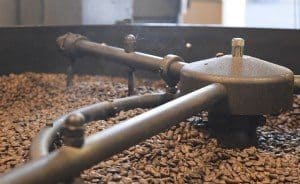
In terms of costs: You have equipment such as commercial espresso machines, coffee roasters and commercial grade coffee grinders, appliances, dishes , decor and furniture to set up your space. You’ll need computers for cashier and accounting purposes as well as an alarm system and wi-fi. You have to have specific business licenses, permits and health inspections which are also part of starting up your coffee business. This covers most of your start-up costs, but be advised that everything nearly always takes longer and costs more than you expect so be prepared.
Regular costs include your purveyors and suppliers, rent or lease payments, taxes, insurance (including Worker’s Compensation), utilities, salaries, merchant and bank fees, loan payments and advertising.
Even after all of your investment and costs are done, the profit margins, especially for an independent espresso bar, can be very large. Smart budgeting in the beginning and setting the right prices on your menu can allow you to make a tidy profit even within the first year. Much of your profits will be reinvested into the business, but once you find that perfect formula for the best cup of coffee in town, you’ll be well on your way!

